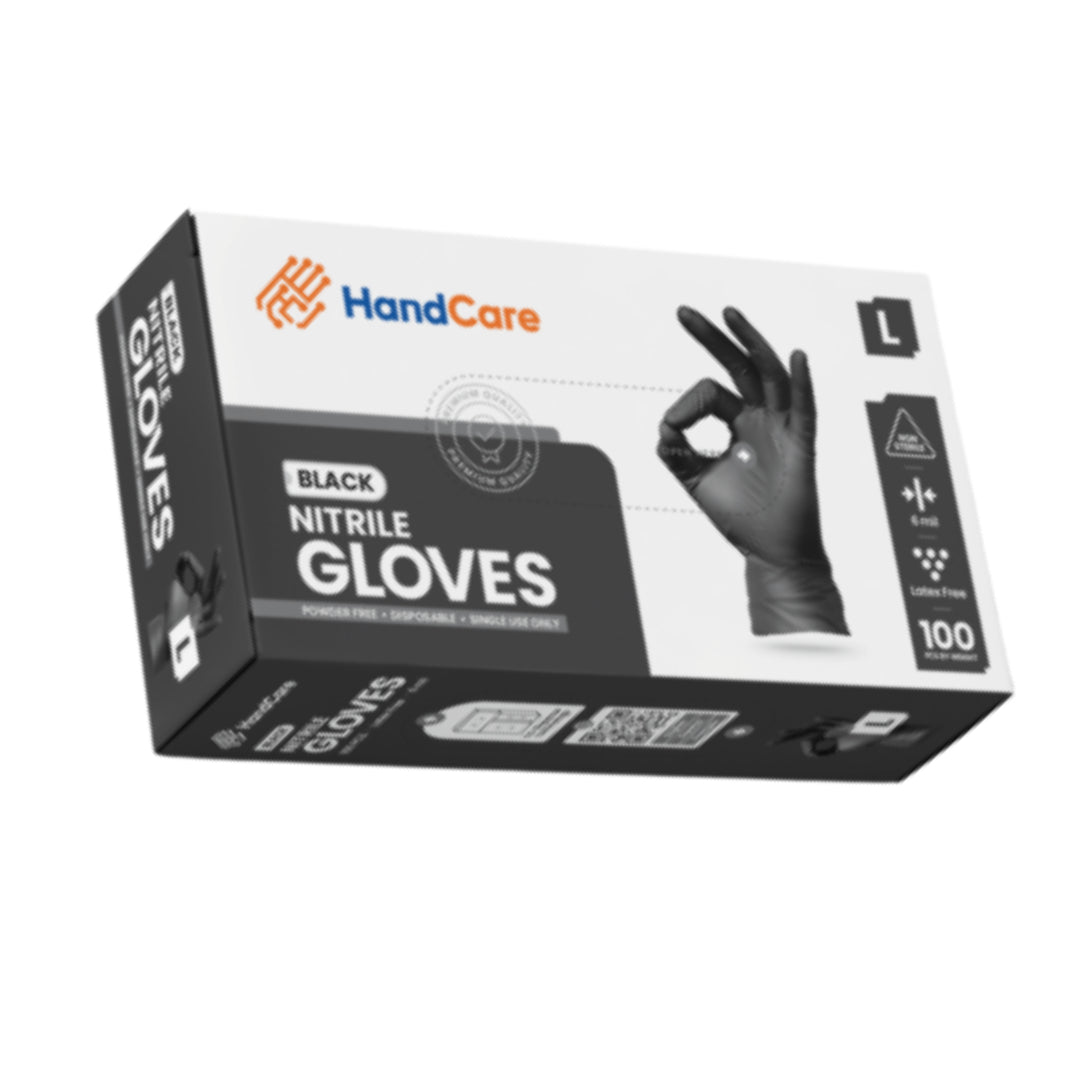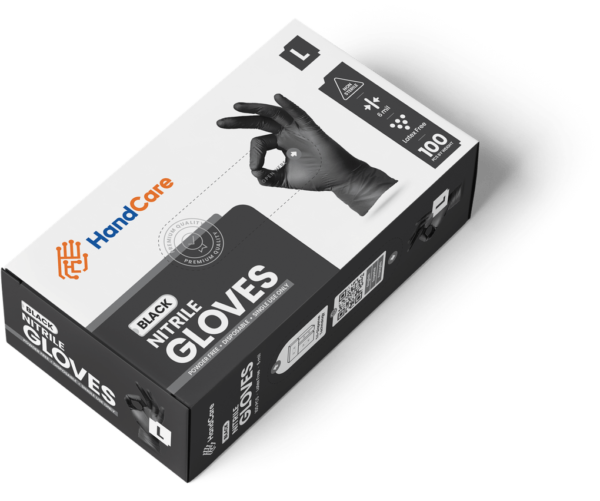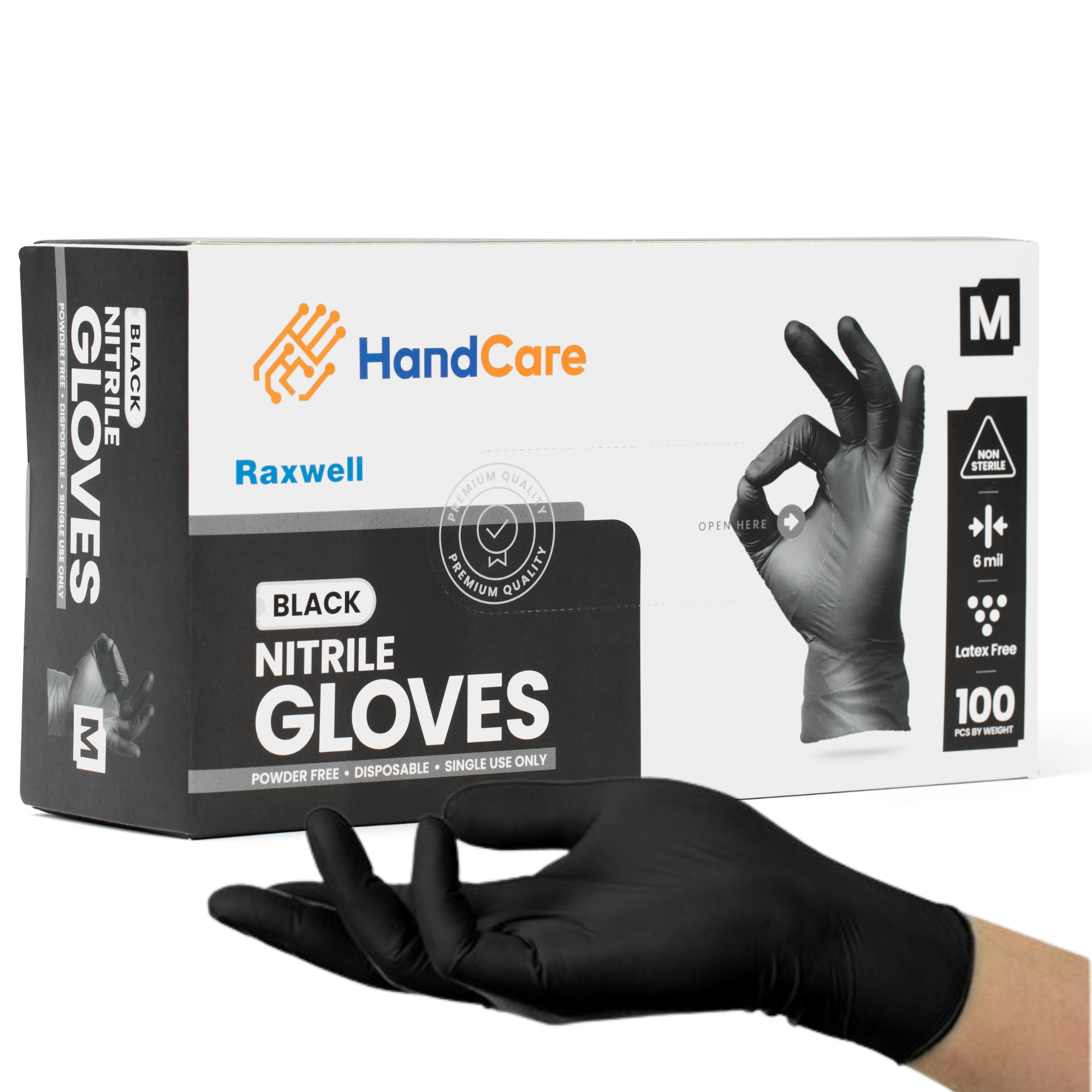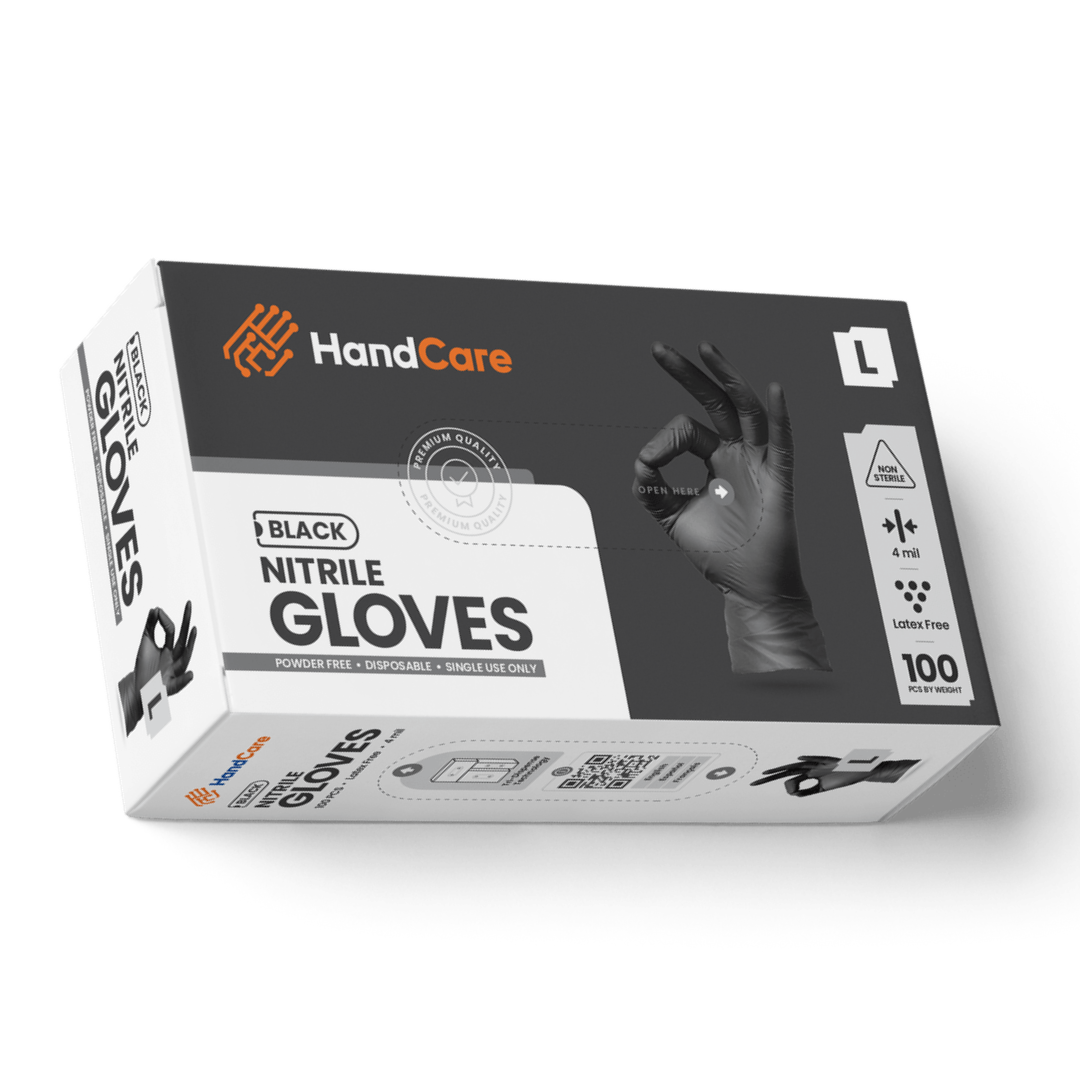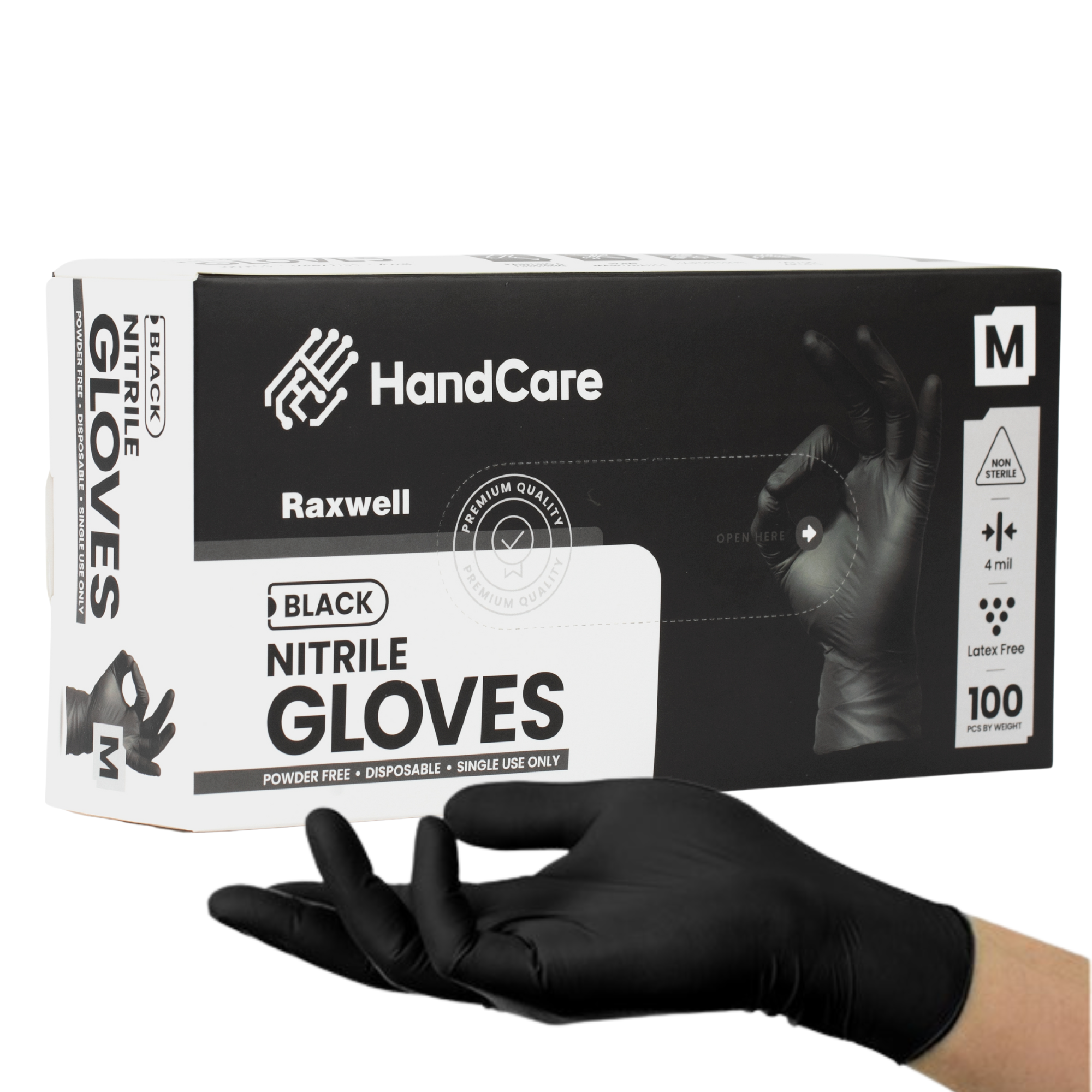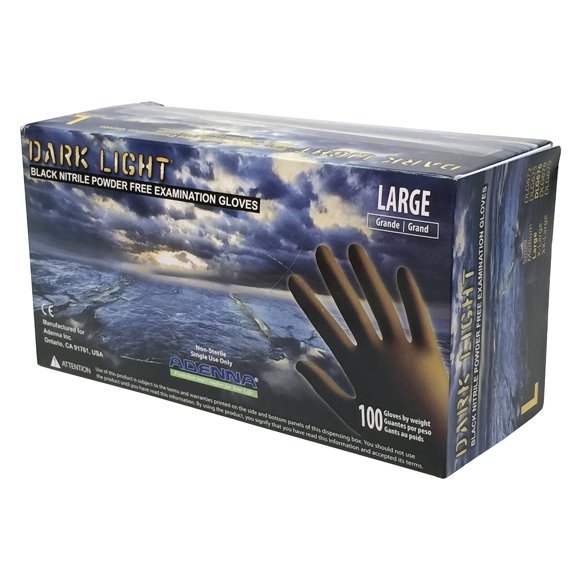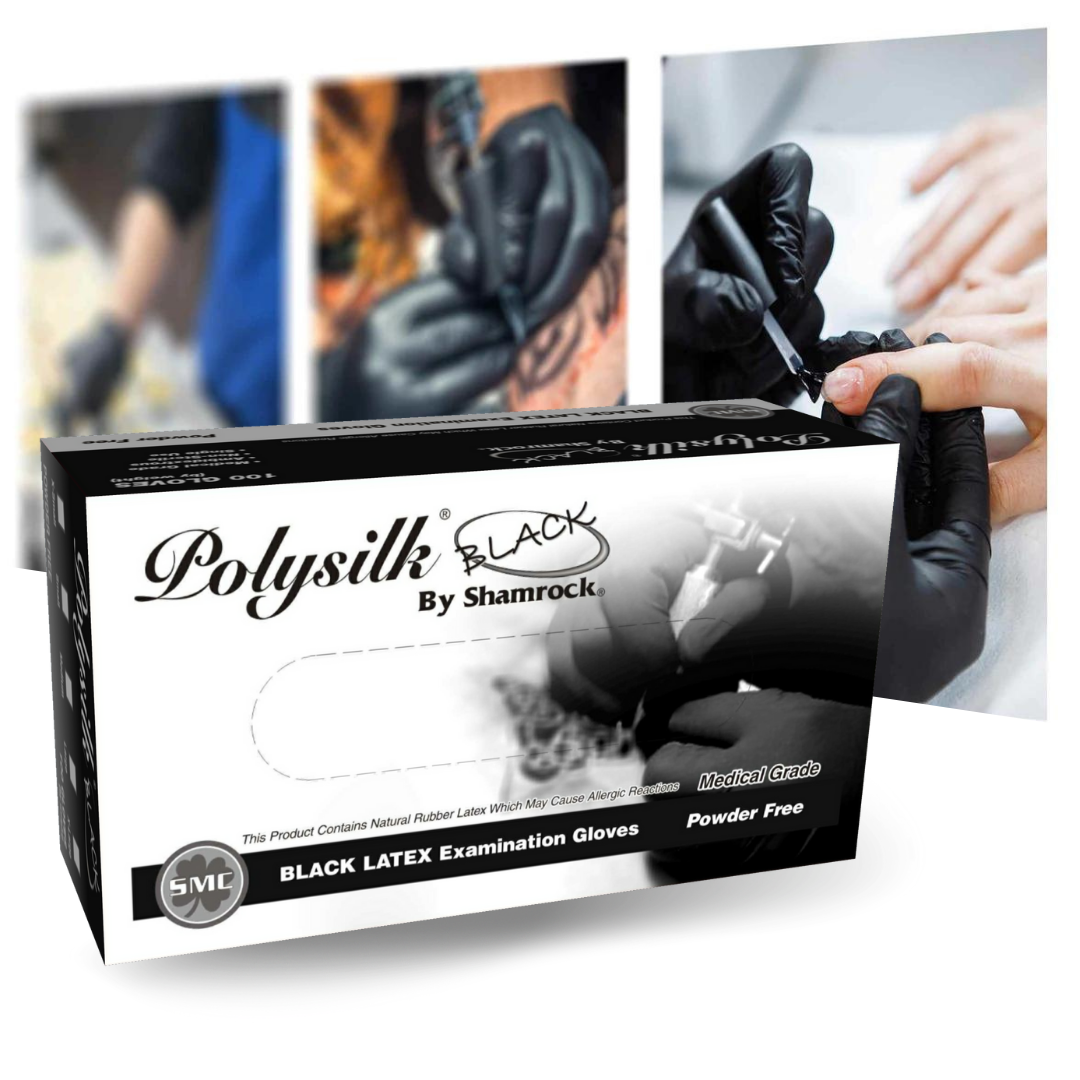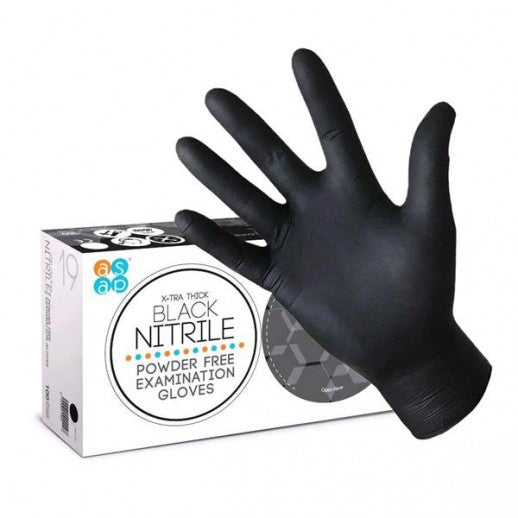Neoprene Gloves
Neoprene Gloves Best Options
After trying many different type of gloves from amazon, finally found ones with good fit and quality. Would recommend!
Good size, not too tight, not too loose. Strong material, don’t rip like others I’ve used. Recommend
These gloves are thicker and well made. They fit snug, which I like. Met my expectations and would recommend.
Personal protection equipment (PPE) gloves made of neoprene are necessary for numerous tasks. They provide us with the protection and dexterity required to accomplish our duties with the utmost ease.
Our gloves are made of high-quality materials designed to provide a snug and comfortable fit.
If you're looking for a great pair of neoprene gloves, then be sure to browse our selection today!
What are Neoprene Gloves
To define neoprene gloves, we must begin with the material used to create them. The actual composition of these gloves is polychloroprene, a synthetic rubber.
Neoprene gloves are elastomers that can be stretched without deforming their shapes. This pair of synthetic rubber gloves includes Polybutadiene rubber gloves, silicone gloves, and Polyisobutylene gloves, among others.
In order to produce neoprene gloves, polymerization comprising many chemical processes is required. Due to this meticulous production procedure, the pair has superior flexibility and protecting properties.
- Chemical-resistant
- Abrasion and cut-resistant
- Heat and weather-resistant
- Impact-resistant
What Are Neoprene Gloves Used For?
Gloves made of neoprene are used for scuba diving and other sports that need finger dexterity while protecting the hands from the chilly water.
Due to their protective characteristics, they are also utilized as safety gloves in various laboratories and chemical processing facilities. These gloves are designed to protect the hands from caustic substances while preserving the dexterity necessary for precise work.
The chemical qualities of neoprene make it a desirable material for items that require the addition of an insulating layer while maintaining a close fit. Gloves made of neoprene are frequently employed in warfare, fire prevention, and similar scenarios. The price is one of the advantages of neoprene gloves.
These gloves offer all the advantages of more costly, breathable materials at a far reduced cost.
The Benefits of Using Neoprene Gloves
Water-resistant
Neoprene is water-resistant, possesses strong chemical stability, and retains its elasticity over a broad temperature range. It is resistant to deterioration from ozone, sunshine, oxidation, sand, snow, and dust - practically all types of weather.
Due to its exceptional resilience, neoprene is used to make laptop sleeves, orthopedic braces, swimsuits, wetsuits, camera bags, fishing waders, etc.
Hand Protection
The chemical resistance of neoprene gloves extends to a wide variety of oils, acids, caustics, and solvents. Neoprene resists snags, punctures, and abrasions, and cuts less effectively than nitrile or natural rubber.
Neoprene gloves are typically used when safely manipulating slippery or damp materials.
Great Latex Alternative
Latex allergy is fairly frequent. Neoprene is ideally suited for use in the production of emergency and medical supplies such as casts, dental dams, gloves, bandages, etc. because it is synthetic and fully latex-free. Moreover, as the demand for athletic shoe soles increases, the neoprene market will develop.
Numerous countries are investing extensively in the neoprene market due to the benefits of neoprene extending across other industries, as seen by the expansion of the automobile sector, the increase in building projects, and the need for high-quality synthetic rubber.
What Is The Difference Between Nitrile And Neoprene Gloves?
Nitrile and neoprene gloves differ primarily in their material composition and intended use. Nitrile gloves are made from synthetic rubber and are known for their resistance to oils, punctures, and a variety of chemicals, making them ideal for medical, industrial, and food handling applications.
Neoprene gloves, on the other hand, are made from chloroprene rubber, which provides enhanced flexibility, durability, and excellent resistance to acids, oils, and heat
Why Choose Neoprene?
Choosing neoprene gloves offers several advantages, especially for those working with hazardous substances or in environments requiring added chemical resistance.
Neoprene provides excellent protection against a wide range of chemicals, including acids and oils, while also being flexible and durable for prolonged use.
Are Neoprene Gloves Warm?
Neoprene gloves are designed to be both warm and waterproof. The neoprene fabric is thick and doesn't breathe, so your hands will feel hot and sweaty while you wear them. But the neoprene will keep your hands warm even when they're wet.
So if you're looking for a pair of gloves that will keep your hands warm in cold weather, then neoprene gloves are a good option.
Should Neoprene Gloves Be Tight?
Yes, they should feel very snug when it is on and before it gets wet. The neoprene material keeps your hands warm by trapping the heat in, so you want to ensure that the gloves are as tight as possible so that the heat doesn’t escape.
How Long Do Neoprene Gloves Last?
Neoprene gloves have a shelf life of 5 years. The material is stable and will not degrade in quality over time. However, it is important to note that neoprene gloves may lose their elasticity over time, which could affect fit and performance. We recommend using neoprene gloves within 5 years of purchase for the best results.
Where to buy Neoprene Gloves
The best place to buy neoprene gloves is right here at gloves.com. We offer a high-quality selection of neoprene gloves designed for everything from chemical handling to medical use.
Plus, you can enjoy a 50% discount and free shipping on orders over $149, giving you the best in both quality and value.
Keep up-to-date with our guides and find the best glove options for your industry
Guides to help you choose

Best Gloves For Pesticides

Is There A Natural Latex



